CBD
THC-O VS Delta-8 THC: What’s The Difference, Effects, Benefits? (2022)
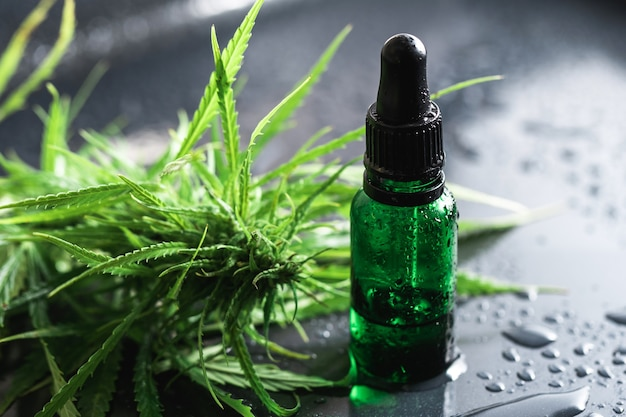
After the legalization of hemp farming through the 2018 farm bill, various hemp-derived products have flooded the market. The legal plant is now known for its variety of cannabinoids.
THC-O and Delta 8 are popular hemp-derived cannabinoids. While Delta 8 has a mild and less intoxicating effect, THC-O is stronger, with borderline hallucinations. In light of this, we will be comparing THC compounds: THC-O vs. Delta 8.
What is THC-O Acetate?
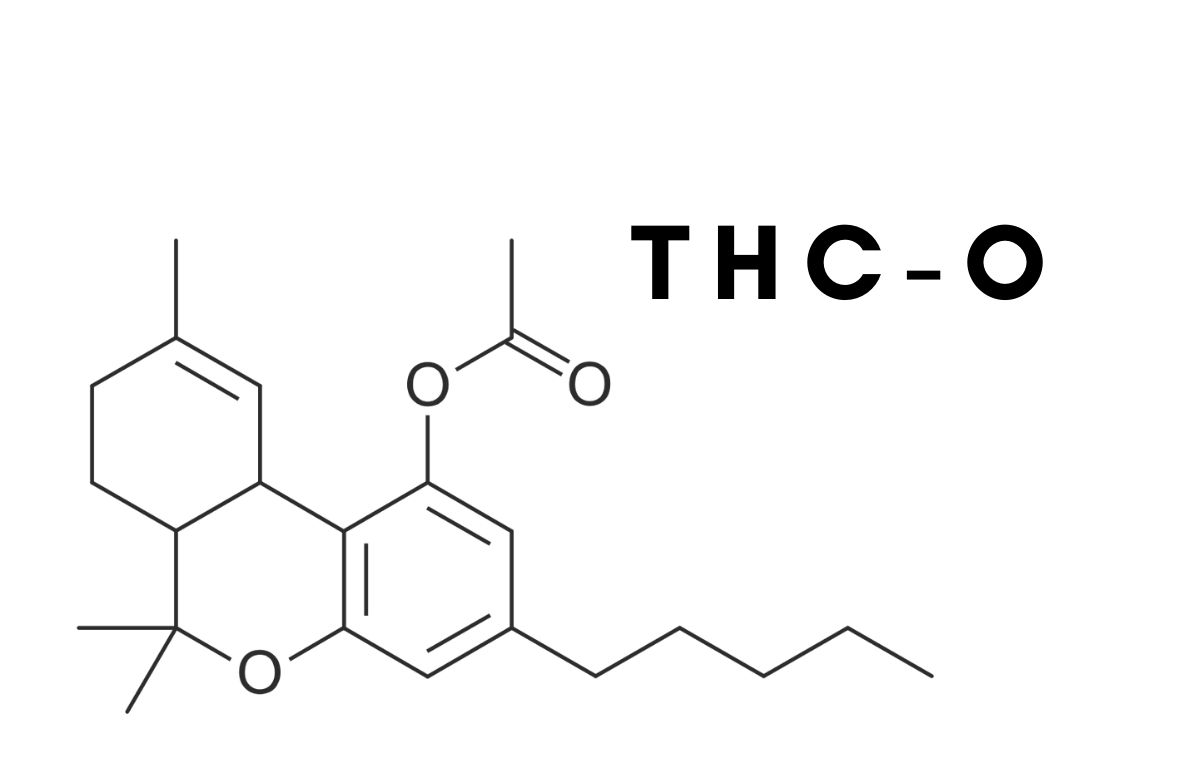
THC-O (Tetrahydrocannabinol) is a non-natural product of delta 8 and a newer addition to the cannabinoid product range. THC-O, also referred to as THC-O acetate, compares to Delta 8, but the two are not the same. For starters, THC-O is more potent, and it is advisable to consume it in smaller doses.
How is THC-O Made?
Primarily, lab manufacturers create THC-O acetate using CBD extracts from federally legal hemp to make the starting material, delta-8. Then using Acetic Anhydride, the delta-8 molecules are converted to THC-O, the final product. Notably, Acetic Anhydride is highly volatile, and it is advisable not to experiment with making THC-O at home. Furthermore, the process requires specialized equipment and it is advisable to produce it in ISO-certified labs. Notably, acetic anhydride also makes plastics, fibers, dyes, and explosives.
While THC seems to be a new entrant in the cannabinoid market, scientists previously used it in a study. The study examined whether the THC-O compound caused ataxia in dogs. The result showed it had a more potent effect compared to delta-9 THC.
What is Delta 8?
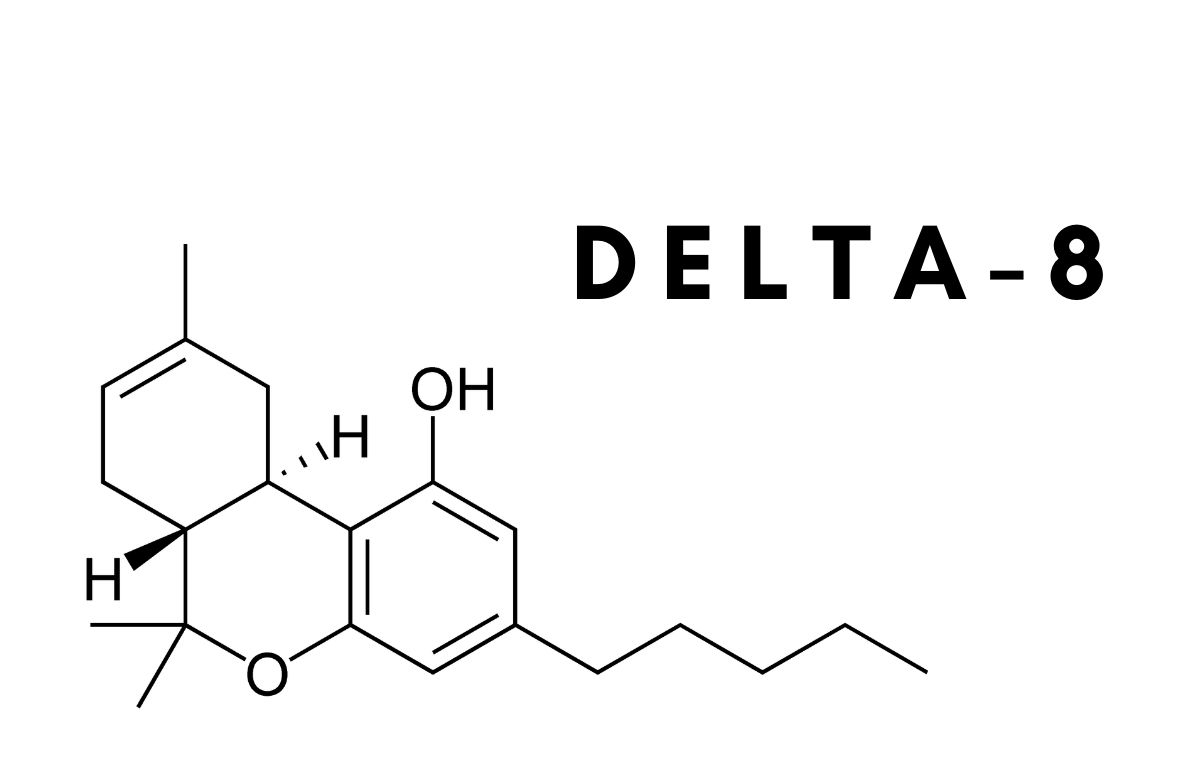
Delta-8 (Δ8-THC) is a chemical compound also known as Delta-tetrahydrocannabinol or delta-8 THC, which is found naturally in the hemp plant rather than marijuana. The psychoactive compound is found in trace amounts in the cannabis plants, approximately 0.1%. As a result, large amounts of delta-8 have to be derived or manufactured from hemp-derived cannabidiol.
How is Delta-8 Made?
Delta-8 THC is an isomer of delta-9 THC. Since the compound naturally exists in minuscule amounts, large amounts of delta-8 are synthesized from delta-9 THC or CBD through isomerization. Notably, all delta-8 THC products have to undergo a chemical process and there are loopholes in the regulation process. This has raised concerns about whether delta-8 is safe for consumption.
THC-O Vs. Delta 8: The Key Differences
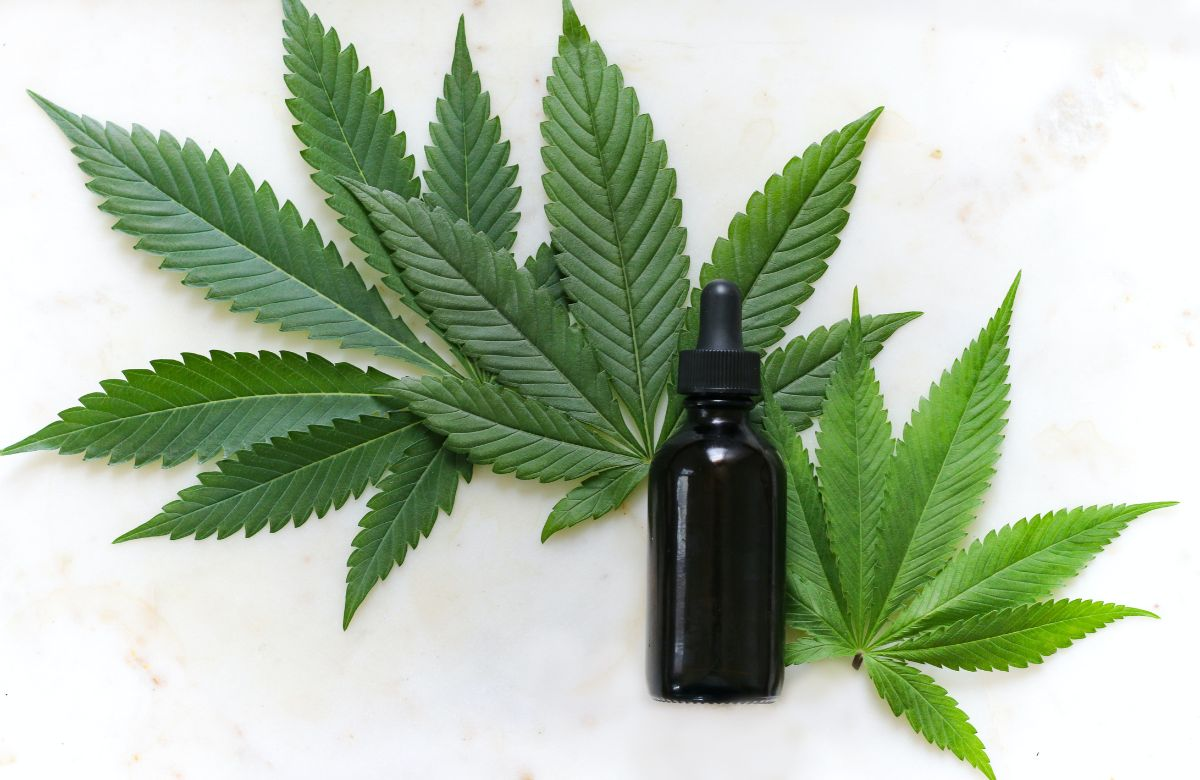
THC cannabionoids including, THC-O, Delta-8 and Delta 10 are all extracted from industrial hemp. Both are technically similar since one is a product of the other. The two cannabinoids also have a similar molecular structure of 21 carbon, 30 hydrogen, and two oxygen atoms. Additionally, both cannabinoids have a molecular mass of 314.45. However, THC O is significantly stronger and feels different. Here’s an indepth look at how THC-O compares to delta-8.
Chemical Structure
THC-O’s bear a similar structure to delta-9. Due to this, you may experience a similar effect using either of the two. However, its psychoactive effects are more potent than regular THC since it binds more to the cannabinoid receptors.
Delta 8’s chemical structure is similar to Delta 9 THC. However, the significant difference lies in a single chemical bond. While both cannabinoids have a double bond in the molecular structure, the bond is found on the 9th carbon chain for delta-9 THC and the 8th for delta-8. This minor difference gives the two hemp-derived substances their varying effects.
Availability
Delta 8 and THC-O are available in the common cannabis products; oils, edibles, vape cartridges and flowers. Purchasing THC-O products can be done at cannabis dispensaries, your local convenience store, tobacco shops, or gas stations.
For THC-O products, the vape pen cartridges may be sold with flavored or unflavoured distillate, depending on your preference. Additionally, THC-O can be used to make THC-O infused flowers.
What are the Health Benefits of THC-O and Delta 8?
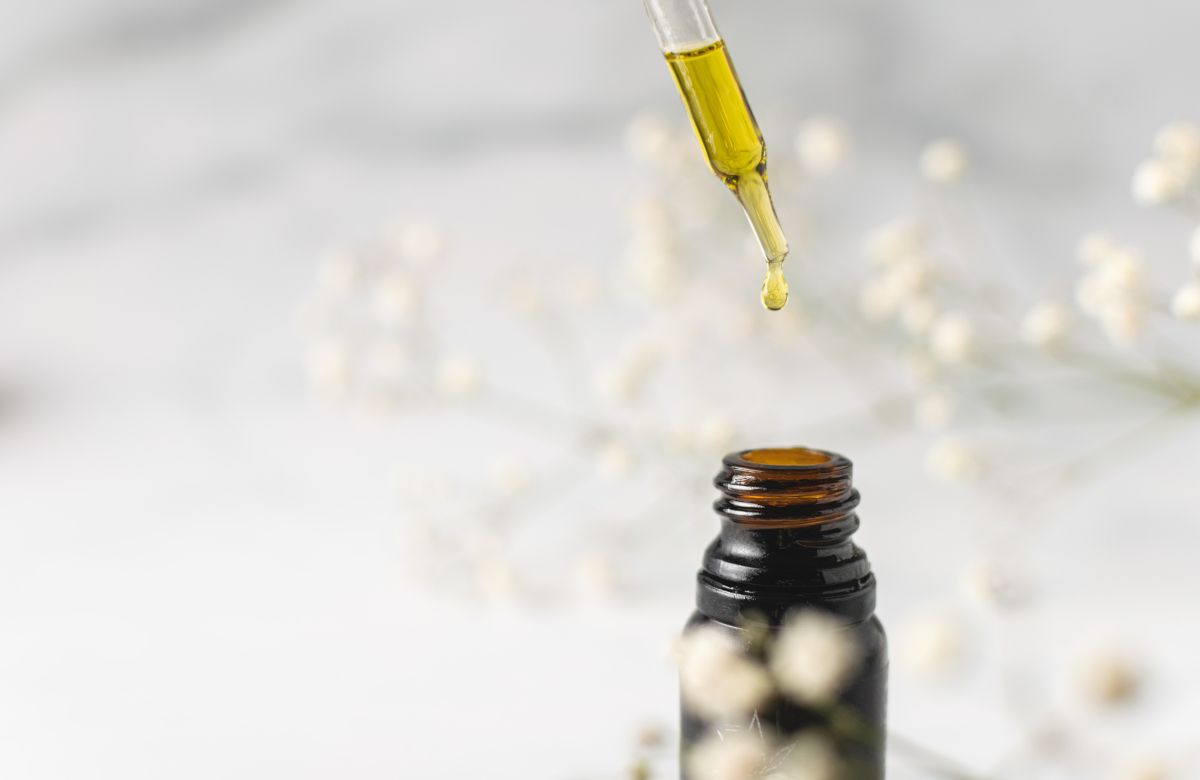
-
THC-O Benefits
Although there exists minimal research to support the benefits of THC-O, some users report that the hemp-derived product is a relief for pain and stress. Others state that its use leads to an increase in appetite and better sleep.
-
Delta-8 THC Benefits
Delta-8 has a range of benefits for the body. Due to its low potency, the cannabinoid offers a mild psychoactive experience which is 50%-70% delta 9 THC’s strength. Most cannabis users report that they can maintain focus and relaxation while using Δ8-THC.
Delta-8 can also protect you from neurodegenerative disorders such as Alzheimer’s disease by increasing acetylcholine and choline levels in the body. Other benefits include nausea treatment, pain relief improved apetitie and sleep.
What are the side Possible Side Effects of THC O and Delta 8?
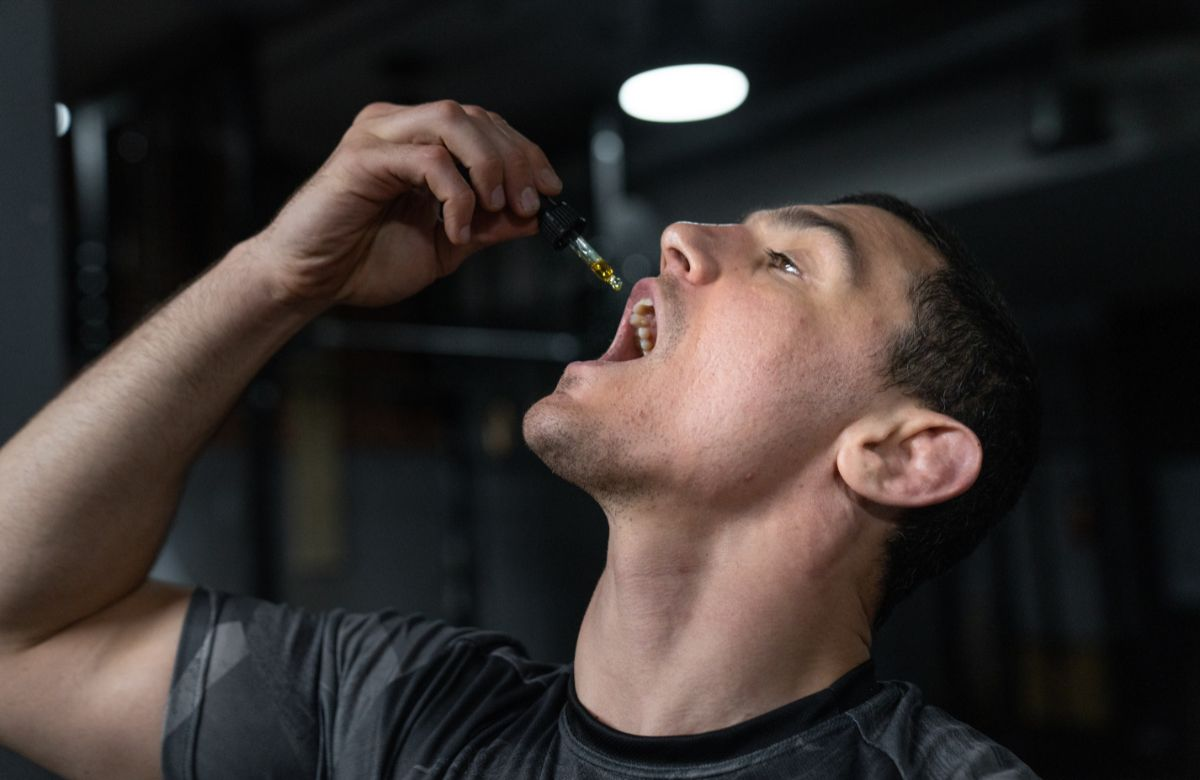
Although more research is yet to be done on the two synthetic cannabinoids, many consumers report varying effects when using the two products. For delta-8 THC users, typical side effects may include; anxiety, slowed reaction, memory loss, fast heart rate, dry mouth, anxiety, and red eyes. On the other hand, THC-O users reportedly experience; anxiety, hallucinations, paranoia, dizziness, seizures, vomiting, and sedative effects.
What is the Legal Status of THC-O Acetate and Delta 8?

Whether THC-O or Delta-8 is legal under federal law remains to be a gray area. At the federal level, delta-8 is legal. However, the 2018 Farm Bill imposes restrictions on the type of hemp to use less than 0.3 percent delta-9 THC on a dry weight basis. This creates a loophole for most manufacturers since the border line is the amount of delta-9 THC in the hemp, not the resulting delta-8 THC.
However legality of both depend on different state laws. Notwithstanding, delta-8 THC is only legal in 27 states following its ban in 19 states, while four more states are still reviewing the legal stance.
Is THC -O Legal?
Accordingly, the passing of the 2018 Farm Bill legalizes THC-O; however, its legallity remains debatable. Experts argue that since THC-O is a derivative of delta-8 THC, it should also assume a legal status. However, the bill states that synthetically produced tetrahydrocannabinol should be classified under Schedule 1 making it illegal.
In 2021, the Drug Enforcement Administration (DEA) mentioned that synthetically-produced delta-8 THC from non-cannabis products is controlled under the Controlled Substance Act (CSA). Based on this argument, THC-O is dangerous and should be illegal.
How They Affect the Body

Both hemp derivatives are known to produce a psychoactive effect on users. However, the THC-O produces an intense high compared to Δ8-THC. According to cannabis enthusiasts, the former has a psychedelic onset effect that can last up to 30 minutes.
Unlike other THC products, THC-O is known as a prodrug since it takes a while to kick in. Experts advise consuming little amounts as you wait for the reaction before indulging in a load sum. Although there is little scientific research evidence to support this, broadcast journalists report the effects are two to three times more than delta-9 THC and five times more than delta-8.
The reason behind the cannabinoids’ delayed reaction is that it is not activated by heat like other hemp-derived products. Once ingested, the liver metabolizes the hemp compound, activating it.
Cannabinoids interact and activate cannabinoid receptors in the body, producing a euphoric high. These receptors are responsible for maintaining homeostasis in the body by regulating various functions. For delta-8 THC, the compound has a low attraction to the receptors, producing a mild high and offers more sedative effects. It is common for many users to experience feelings of relaxation and euphoria.
Is THC O Safe?
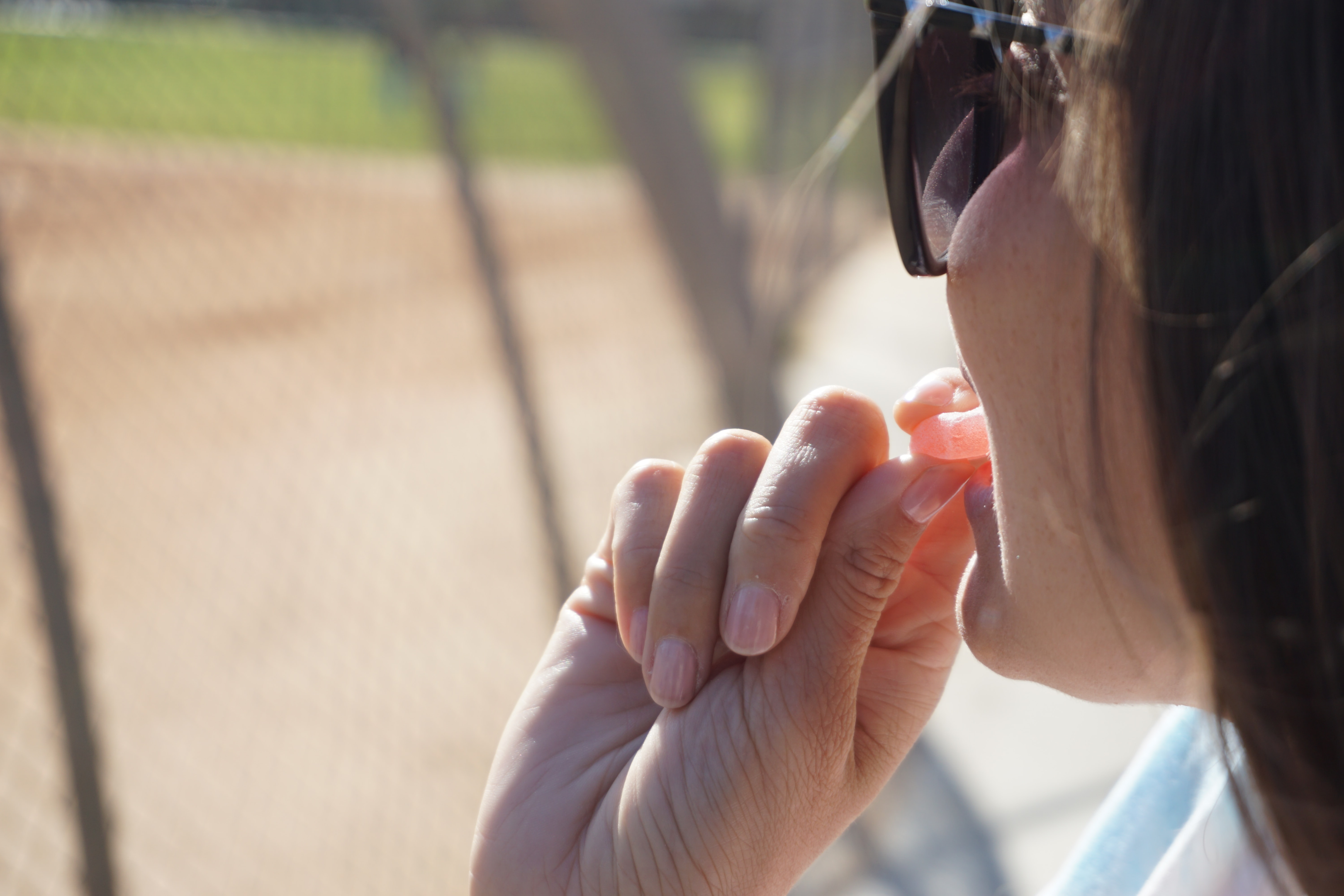
There is still much research to be done on the effects of THC O, but early findings suggest that it is safe. THC O has been found to be non-toxic and non-carcinogenic in humans.
Can THC-O or Delta-8 THC Drug Testing Results
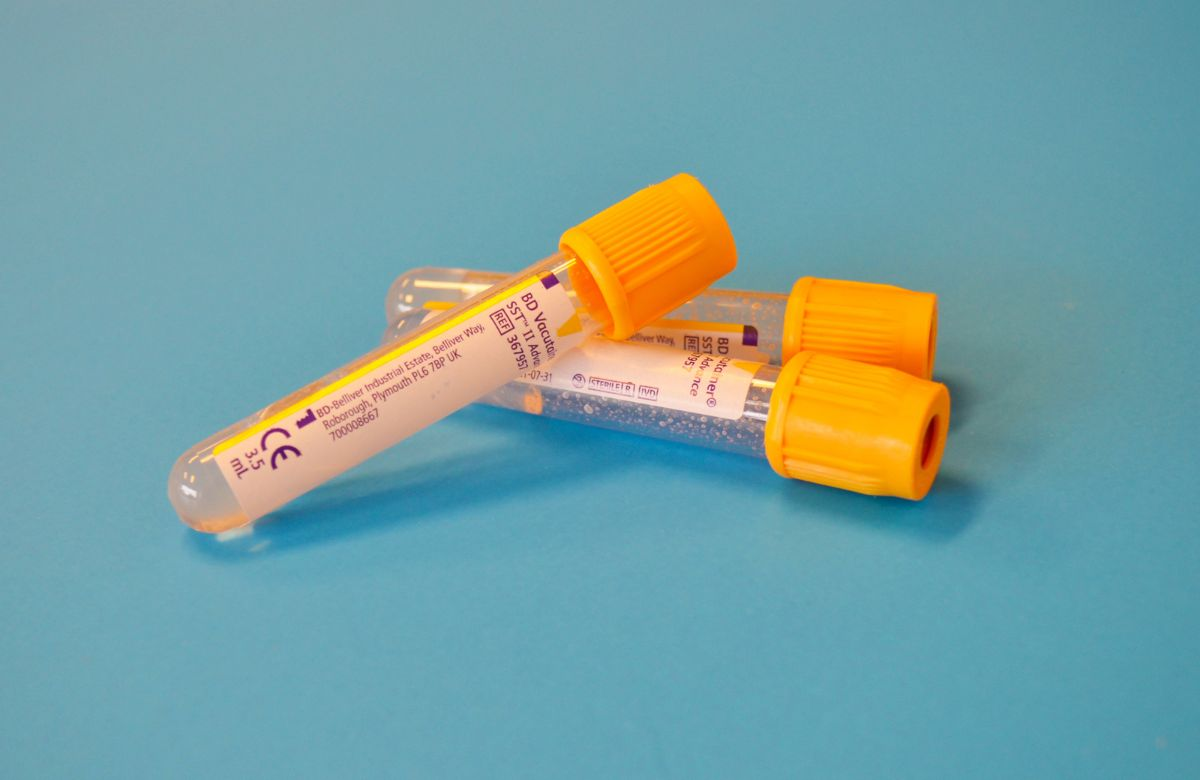
Yes. Taking a test after heavy or moderate use of THC-O or Δ8-THC will most likely return a positive result.
Drug tests are a way of depicting drug use and not how much drugs one uses. A drug test will simply reveal whether a person has any cannabinoid traces in their blood. Ideally, when you take in a cannabis substance, your liver breaks it down, and the resulting products (metabolites) remain in your lungs, hair, urine, blood, sweat, and saliva.
The test will check for any signs of the metabolites (THC-COOH), which tend to stay in the body for days or weeks. For heavy cannabis users, the metabolites may stay even longer.
Can You Pass a Drug Test as a THC-O or Delta-8 User?

Yes. Consuming large amounts of water may help speed up the metabolic breakdown of these synthetic cannabinoids. However, this process is not instant. Therefore you need to take water for hours or even days before your test.
How to Use THC O Products
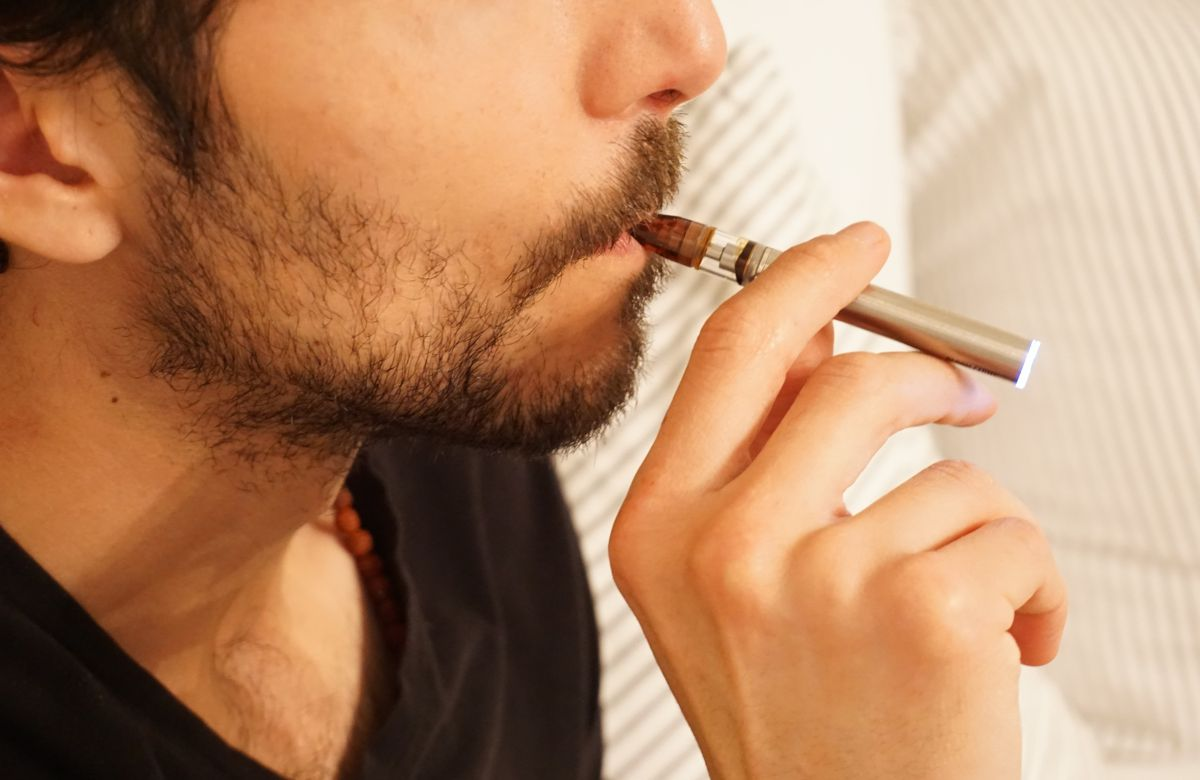
As mentioned, THC-O comes in a range of products including edible form and other forms. Here is a breakdown of some of the safe methods for consuming THC-O products.
THC-O Vape Distillate
Distillate is the resulting product made from the molecular distillation of cannabinoids. The distillate is a pure material from impurities like plant matter or pesticides. It is best to purchase a THC-O Vape distillate from accredited sources.
You can consume the distillate through vaping or adding it to your joint.
THC-O Gummies
You can infuse your gummies with THC-O for a sweet and savory high. Although THC-O edibles may take a while to activate, the effects last longer.
Edible dosing depends on the type of experience you are after. For a wind-down and relaxed time, a dosage of 10 mg will suffice. However, if you’re looking for more mental and physical activity, 1mg to 2.5 mg is recommended.
Overall, taking micro-doses of THC-O gummies is advisable as you embrace the psychedelic high. However, typical dosage designations for THC-O are:
- Minimum dose – Two or three 5-second inhales or 0.5 mg.
- Standards Psychoactive Dose – Five-5 second inhales or 1-3 mg.
- Psychedelic Dose – 6 to 10 inhales or 5 mg or more.
How to Use Delta-8 THC
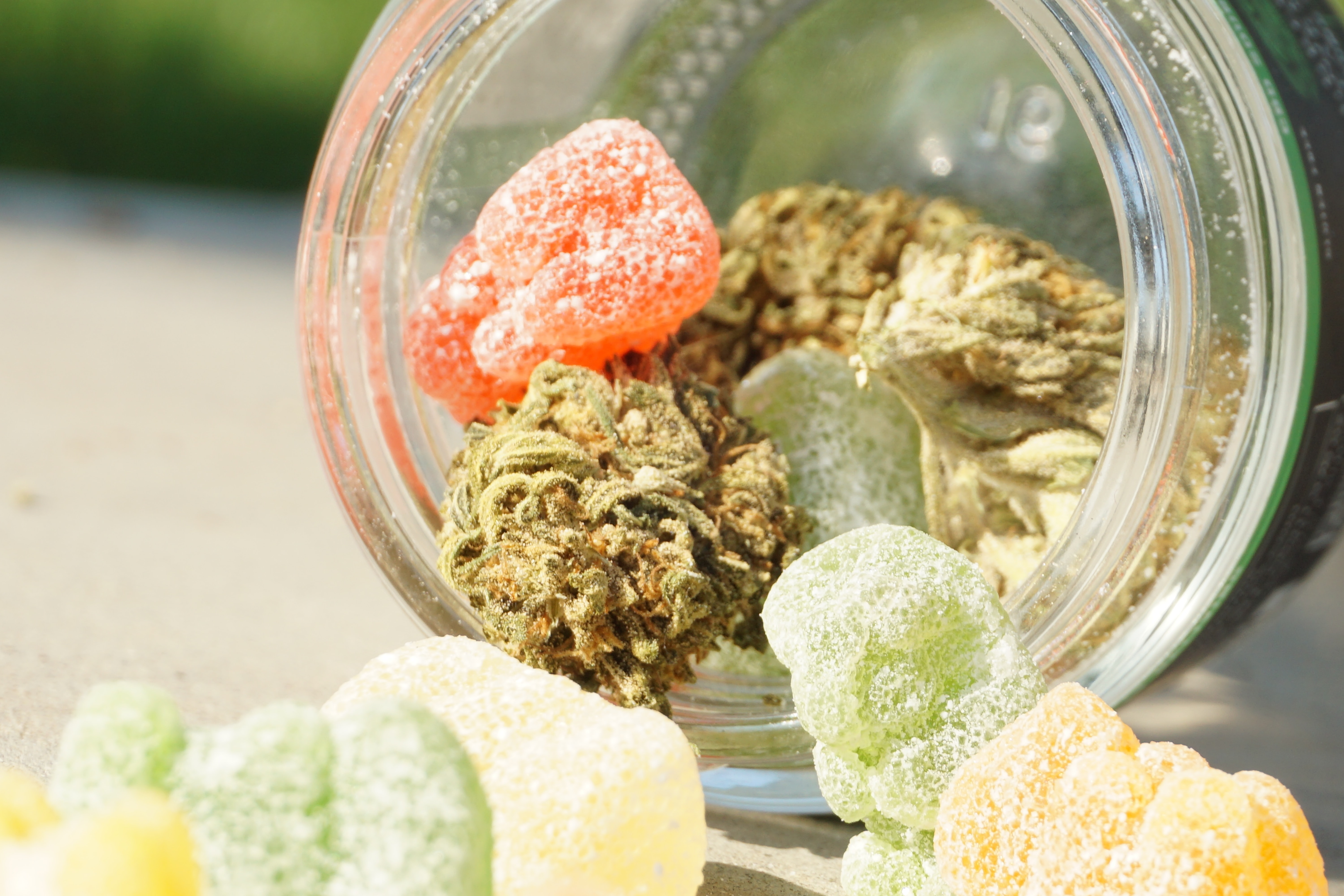
Unlike THC-O, delta-8 THC has a wide range of use. These are:
Vaping
Vaping is a common form of using THC products. A vape delivers an instant buzz to your blood through the lung tissues. Some consumers prefer delta-8 vape carts, which have a mix of other cannabinoids.
Smoking
Smoking is also a fast way to get a buzz from delta-8 THC. Additionally, you can also enjoy its as a concentrate or a flower. However, smoking could be less efficient compared to vaping. The burning of the compound causes it to degrade, delivering a less amount of Δ8-THC.
Capsules
Capsules are a safe way of delivering delta-8 THC to your body. And since they are flavorless and odorless, you don’t have to worry about a tang or distasteful flavor in your mouth afterward. Generally they take longer to activate, but the effects are known to last up to 10 hours.
Tinctures
A tincture is a concentrated liquid extract made from cannabis plants. Tincture concentrations vary between 25-60%, with some as high as 90%. Primarily, delta-8 tinctures are placed under the tongue. The mucous membrane in the mouth will then absorb it, allowing its entry into the bloodstream. The tinctures may take 45 minutes to an hour to kick in.
Topicals
Topicals are products solely suitable for external body applications such as gels, creams, or lotions. While some topicals may contain delta-8 THC, they may not get you high. However, it can help improve your body’s regulatory functions.

